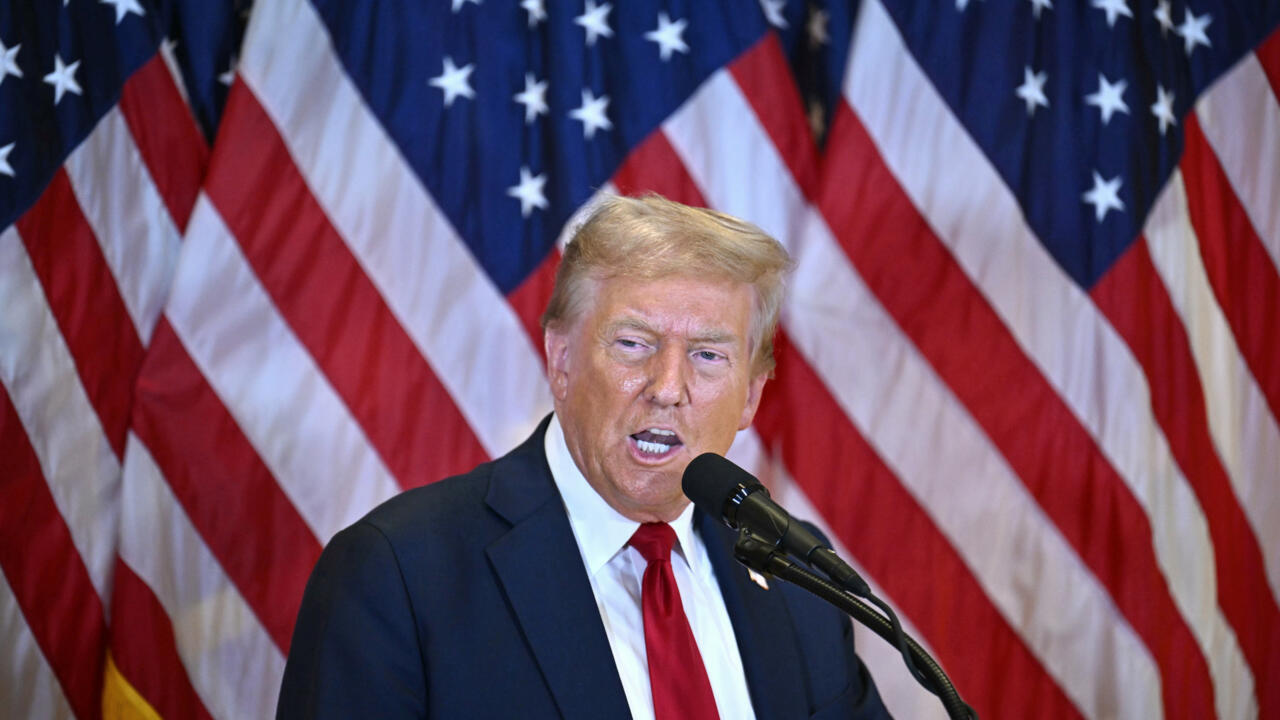U.S. Charges Iranian Hackers with Targeting Trump Campaign

The U.S. Department of Justice has unsealed criminal charges against three members of Iran’s Revolutionary Guards Corps, accusing them of hacking Donald Trump’s presidential campaign in an effort to disrupt the 2020 U.S. election. The charges represent a significant step by the Biden administration to combat foreign interference in the election between former President Trump and Vice President Kamala Harris.
The indictment names Masoud Jalili, Seyyed Ali Aghamiri, and Yasar Balaghi as the hackers involved in a coordinated effort to undermine Trump’s re-election campaign. According to Attorney General Merrick Garland, the hackers employed fake email accounts to deceive campaign officials into clicking on malicious links, which allowed them to steal sensitive internal documents, including debate preparation materials and profiles of vice-presidential candidates.
Once acquired, this information was reportedly leaked to media outlets and the Biden campaign, though the latter did not respond to the offer of Trump’s debate preparation materials prior to their sole debate in June 2020. Garland highlighted that this aggressive cyber activity from Iran was a rising concern during the election cycle.
The three Iranians face multiple charges, including wire fraud, identity theft, and computer fraud. In addition to the criminal charges, the U.S. Treasury Department has imposed sanctions on the individuals, along with several other members of Iran’s Revolutionary Guard Corps.
While Trump’s campaign had acknowledged the hacking attempt in August 2020, they claimed that no private information had been compromised. Several news outlets, which were offered internal campaign documents, declined to publish them.
The hacking group responsible, known as APT42 or “Charming Kitten,” is notorious for using surveillance software to infiltrate mobile phones, enabling them to record calls, steal texts, and activate cameras and microphones without the user’s knowledge. The hackers remain in Iran, out of reach of U.S. law enforcement. However, Garland assured that U.S. authorities would pursue them relentlessly, citing previous successful apprehensions of international suspects long after they were charged.
In addition to these cyberattacks, Iranian efforts to target U.S. officials have not been limited to digital means. Earlier this month, a Pakistani man with ties to Iran was charged with terrorism for allegedly plotting to assassinate a U.S. politician in retaliation for the killing of Iran’s top Revolutionary Guard commander in 2020. Trump was named as a potential target in this plot, although there is no evidence linking him to recent attempts on his life.
The Justice Department is also pursuing cases related to Russian interference in the U.S. election, including charges against Russian operatives involved in funding pro-Trump social media influencers through state media channels like RT.





















